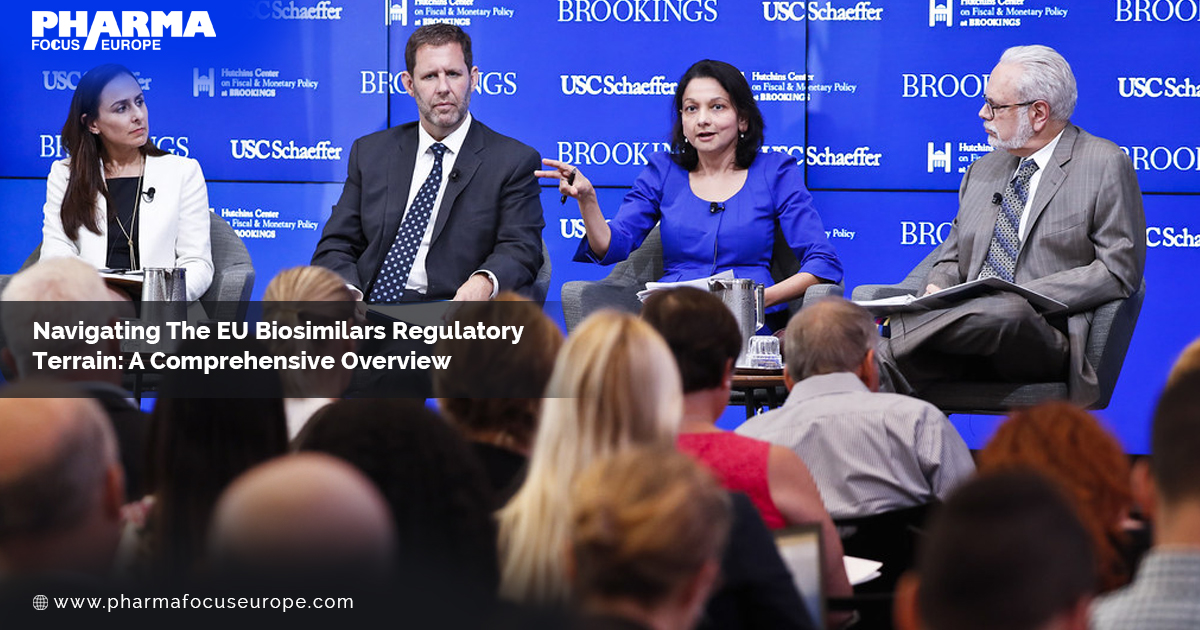Revitalizing Research Prioritizing Participant-centric Strategies to Accelerate Clinical Trials

Strong 8k brings an ultra-HD IPTV experience to your living room and your pocket.
The future success of clinical research is contingent on the prioritization of the participant experience. From crafting protocols to engaging participants across multi-year studies, the participant experience must consistently be a central focus throughout the clinical trial journey. The "why" of clinical trials must remain centered on patients, influencing protocol development, and emphasizing participant education for optimal recruitment and retention.
We all know someone – a loved one, friend, or close acquaintance – who has struggled with a health condition that upended their life and changed their perception of “normal.” These individuals often endure great physical and/or mental pain daily.
Clinical trials offer a powerful approach; they can restore a sense of control to patients that may have previously felt unattainable. Not only can they provide a potential treatment, but equally important, they can be a source of hope. This is why clinical trial design needs to focus on the patient’s needs, and clinical trial execution must always center on the participant.
Clinical trial success begins with cultivating trust.
Cultivate Trust
Never underestimate the importance of public perception of clinical trials. It has a direct effect on people’s willingness to participate. Regulations, regulatory agencies, and institutional review boards ensure the safety and ethics of these trials, but they merely establish the baseline. It falls upon the sites and sponsors to cultivate trust among potential participants, who stand to benefit most from the treatments being developed.
The COVID-19 pandemic serves as an excellent case study for how to effectively build trust. One could argue that during the pandemic, the public had greater visibility into clinical trials than at any other time in recent history. Also, during this period, public opinion was sharply divided. On one hand, the rapid development of COVID-19 vaccines demonstrated the value of clinical research and drug development in response to public health threats. On the other hand, the circulation of misinformation, primarily through social media platforms, contributed to distrust of – and even active opposition to – clinical trials.
The clinical trial community has made significant advancements in patient engagement. Nevertheless, distrust persists, and those who would most benefit from clinical trials will suffer.
The 2023 WCG Avoca State of the Industry Report found that 75% of patient respondents had never participated in a clinical trial and didn’t know anyone who had. When the survey asked these research-naïve patients their opinion on “I believe clinical trials only benefit the pharmaceutical companies that run them,” 36% agreed, 36% disagreed, and 29% were neutral.
These findings underscore a clear need for the clinical research industry to prioritize patient education about clinical trials. Understanding the purpose, process, and results of these trials is crucial not only for the application of current treatments but also for addressing future diseases that lack effective standardized treatment options. Moreover, building trust through patient education can improve both recruitment and retention.
It begins with outreach.
Educate and Engage the Community
To cultivate trust and interest in clinical trials, community outreach and education are essential. Community engagement, which includes teaching patients what it means to be part of a clinical trial, is crucial to recruitment, enrollment, and retention.
The first step is to identify individuals and organizations with strong ties to the local community. These trust bearers could be local physicians and clinics, but they might also be places of worship, community support groups, social workers, or community centers. Understanding where potential participants spend their time – barber shops, local libraries, colleges, or festivals – is also key to effective engagement.
The next step is reaching out to them. By partnering with these trusted networks and individuals, sponsors can share information with the community through a trusted source. But it’s not just about getting in front of an audience, talking about a trial, and departing with the assumption that people will reach out if they are interested; it’s about building relationships. Consistent engagement is vital. It’s unlikely that a community leader will provide access to potentially vulnerable individuals after just one short informational meeting.
Advocating for clinical research is a long-term investment. But it is worth it. The more time a sponsor and/or site invests, the more likely they are to build meaningful, lasting connections.
Successful outreach often results from long-term relationship building and collaborative efforts. When implemented with sensitivity, these relationships not only aid in the success of the current study but also lay a foundation for participant enrollment in future studies.
Engagement is a conversation: It requires listening to patients and their support networks, not just talking to them.
Put Patients First
Patients live and breathe their condition every day. That’s why protocol development, including the schedule of events and study assessment selection, should always focus on the patient. Sites know their patients and the obstacles they face. Considering their firsthand knowledge and close interaction with study participants, sites should be recognized as subject matter experts on their patients.
Patients should be viewed as providing critical input that can help sponsors, clinical research organizations (CROs), and other stakeholders keep those obstacles top of mind when developing protocols.
Discover more: https://www.pharmafocusamerica.com/clinical-trials/revitalizing-research-accelerate-clinical-trials
Note: IndiBlogHub features both user-submitted and editorial content. We do not verify third-party contributions. Read our Disclaimer and Privacy Policyfor details.







